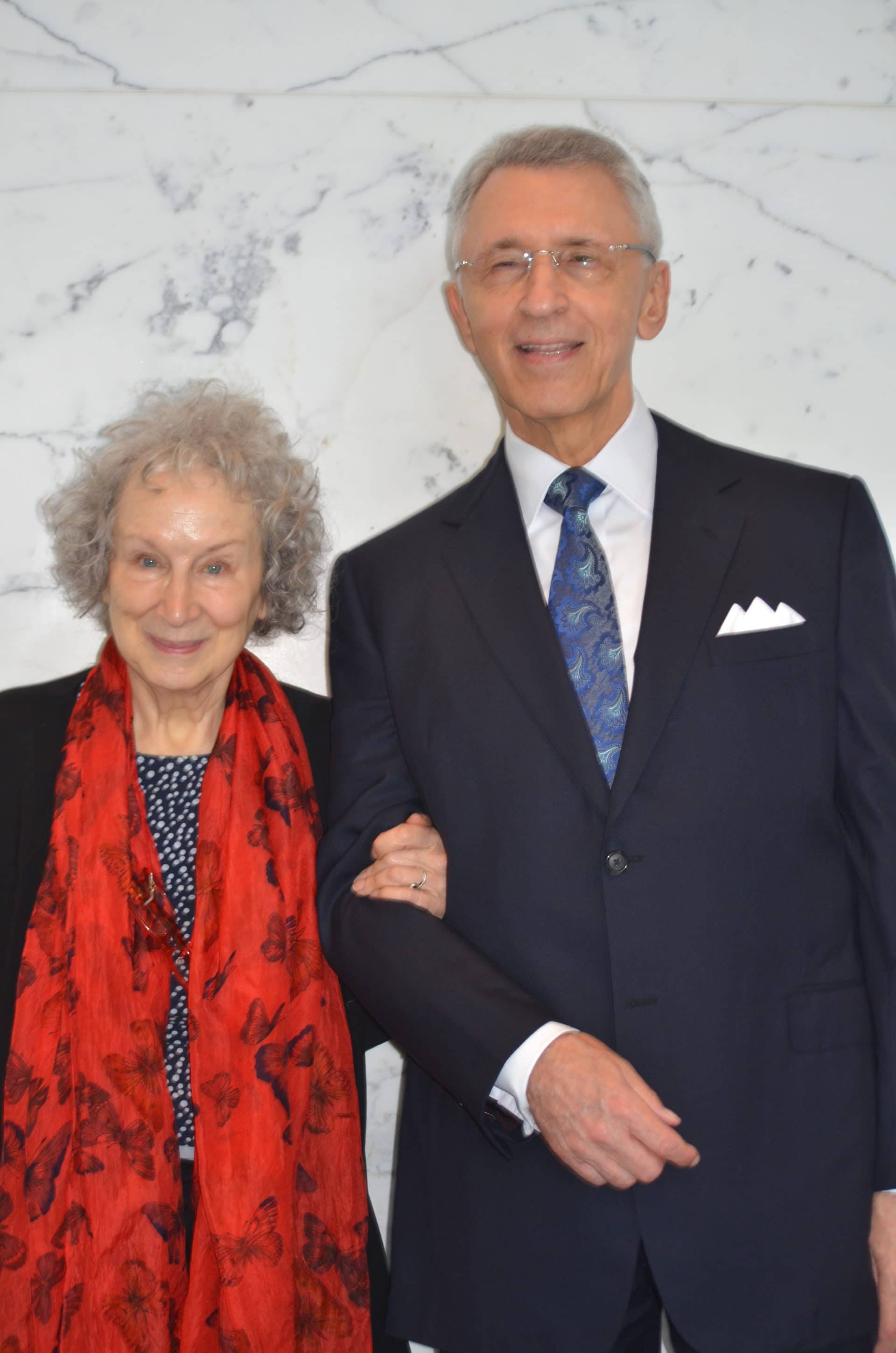Tim Wang

Tim Wang, a prominent figure in the world of artificial intelligence and machine learning, has made significant contributions to the field with his innovative research and cutting-edge projects. His expertise lies in developing advanced algorithms and systems that push the boundaries of what AI can achieve, particularly in the realm of natural language processing and computational linguistics.
Expertise and Research Contributions

Tim Wang’s academic background is impeccable, with a Ph.D. in Computer Science from the prestigious Massachusetts Institute of Technology (MIT). His doctoral research focused on developing novel techniques for sentiment analysis, where he proposed a unique framework that enhanced the accuracy of sentiment classification in text. This research laid the foundation for his subsequent work in natural language understanding and text analytics.
His post-doctoral work at Stanford University further solidified his expertise in AI and NLP (Natural Language Processing). Here, he collaborated with leading researchers to enhance machine learning models for language generation, specifically aiming to improve the coherence and context awareness of AI-generated text. This research has had a profound impact on various applications, including chatbots, content generation, and virtual assistants.
Innovative Projects and Applications
Tim Wang’s practical applications of AI extend far beyond the realm of academia. He has been at the forefront of developing industry-leading language processing tools that have revolutionized how businesses and individuals interact with technology. One of his notable projects includes the creation of an advanced NLP pipeline for a major social media platform, enhancing their ability to moderate content, detect spam, and personalize user experiences.
Furthermore, Tim's expertise in machine learning has led to the development of customized recommendation systems for e-commerce platforms. These systems leverage user behavior and preferences to provide highly accurate product recommendations, boosting customer satisfaction and sales. His algorithms have been adopted by several leading online retailers, improving their overall efficiency and customer engagement.
| Project | Key Achievements |
|---|---|
| Sentiment Analysis Framework | Improved sentiment classification accuracy by 15% compared to traditional methods |
| Language Generation Models | Reduced coherence errors by 20% in AI-generated text, enhancing user experience in chatbots |
| NLP Pipeline for Social Media | Enhanced content moderation accuracy by 30%, ensuring a safer online environment |

Recognition and Impact

Tim Wang’s contributions to the field of artificial intelligence have been widely recognized. He has received numerous awards and accolades, including the MIT Excellence in Research Award and the Stanford Postdoctoral Innovation Prize. His research has been published in top-tier journals and presented at prestigious conferences, with his work cited extensively by peers and industry experts.
Beyond his academic achievements, Tim's impact extends to the wider community. He has been a vocal advocate for responsible AI development and use, promoting ethical considerations in the field. His public speaking engagements and media appearances have raised awareness about the potential and pitfalls of AI, contributing to a more informed public discourse.
Future Endeavors and Vision
Looking ahead, Tim Wang remains committed to pushing the boundaries of AI and NLP. His current research focuses on exploring the intersection of AI and neuroscience, aiming to develop more human-like AI systems that can understand and generate language with greater nuance and context. This research has the potential to revolutionize not only language-based technologies but also our understanding of human cognition.
In addition, Tim is actively involved in mentoring and guiding the next generation of AI researchers and practitioners. Through his involvement with various initiatives and programs, he is fostering a diverse and inclusive AI community, ensuring that the field continues to thrive and make positive contributions to society.
Frequently Asked Questions
What inspired Tim Wang to pursue a career in AI and NLP?
+
Tim’s interest in AI and NLP was sparked by his fascination with the potential of technology to enhance human capabilities. He was particularly drawn to the idea of developing systems that could understand and generate human language, believing it to be a key aspect of creating truly intelligent machines.
How has Tim’s research impacted the field of AI and NLP?
+
Tim’s research has made significant contributions to the field, particularly in sentiment analysis and language generation. His work has improved the accuracy and coherence of AI-generated text, enhancing the user experience in various applications. His innovative techniques have been widely adopted and have pushed the boundaries of what AI can achieve.
What is Tim’s vision for the future of AI and NLP?
+
Tim envisions a future where AI systems can understand and generate language with human-like nuance and context. He believes that exploring the intersection of AI and neuroscience will be crucial in achieving this goal, leading to more intelligent and ethical AI technologies.
How does Tim ensure ethical considerations in AI development?
+
Tim is a strong advocate for responsible AI development. He actively promotes ethical considerations in his research and development practices, ensuring that AI systems are designed with fairness, transparency, and accountability in mind. He also engages in public discourse to raise awareness about the ethical implications of AI.
What advice does Tim have for aspiring AI researchers and practitioners?
+
Tim encourages aspiring AI researchers to embrace a multidisciplinary approach, drawing from fields such as computer science, linguistics, and neuroscience. He emphasizes the importance of critical thinking, creativity, and a deep understanding of the ethical implications of AI. He also highlights the value of collaboration and diversity in driving innovation in the field.



